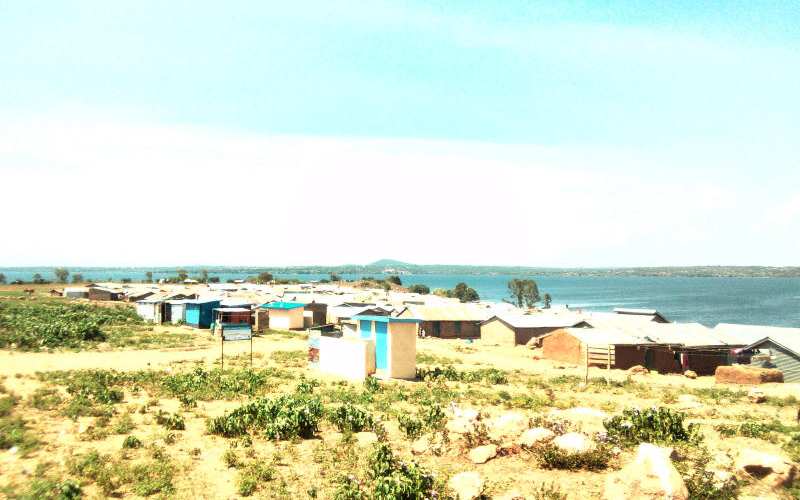×
The Standard e-Paper
Stay Informed, Even Offline

Ndeda Island in Lake Victoria, Siaya County.[Isaiah Gwengi,Standard]
As the first rays of the sun peep out of the clouds and over the hills, a group of fishermen sets off in their boat and sails out to the shore. A chilly breeze hits them and they shiver a little. As the sails fill with air, the boat moves swiftly over the water.